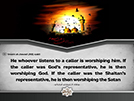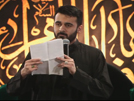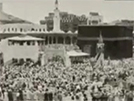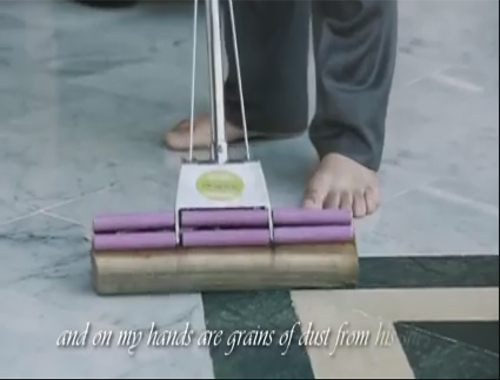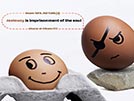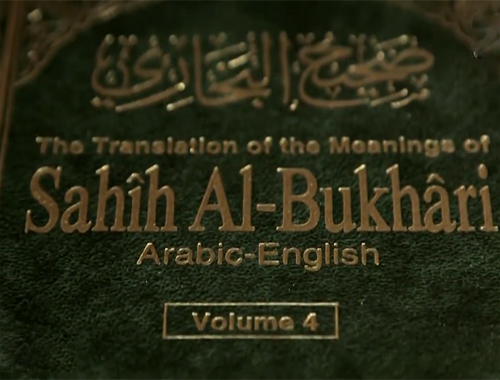Testifying is Wajib and concealing evidence, HarÄm
- Details
- Hits: 2007
Testifying is Wajib and concealing evidence, HarÄm
There may be occasion when a person has not directly witnessed a transaction but has some information for having heard or seen something related to the issue. If the information he has can save a Muslim from harm or enable him to secure his right, it is Wajib on this person to testify if he is summoned. If he is not summoned, it is Wajib for him to volunteer to testify by approaching the Shari’a judge with the information he has. If by not disclosing what he knows, a Muslim is harmed or loses his right, it is HarÄm to remain silent.
In short if a person is capable of helping the oppressed or prevent the oppressor from oppressing, it is Wajib on him to do so.
It is not Wajib to give evidence in a situation where not testifying does not cause any harm to a Muslim, nor does it deprive him of his right. In this case a person can even refuse to testify even if he is ordered to do so, because neither is he a direct witness to the dispute nor is his silence harmful in anyway.
Muhammad Ibn Muslim says, quoting an authentic tradition from Imam Muhammad al-Baqir (a.s.): “If one hears an evidence (i.e. he becomes a witness) but he had not been made a witness, then if he likes he can testify or he can prefer to remain silent.”
(Wasa’il ul-Shia)


